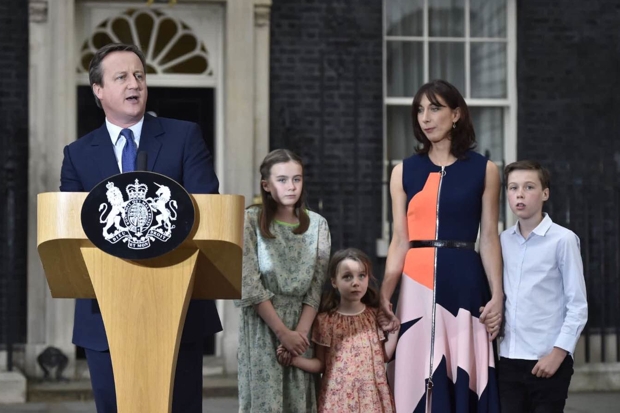David Cameron’s valedictory address from Downing Street was not only a defence of his government record but a summing up of Tory modernisation. He emphasised not only that the economy was stronger, but also highlighted the tax cuts his government had enacted. So far, so traditionally Tory. But then he hailed the introduction of the living wage, a big departure from classic Tory thinking—the party had opposed the minimum wage in the 1997 election.
Next up was the Tory public service reform agenda. Cameron pointed to how many more children were now in good or outstanding schools and to the creation of free schools. But he linked this radicalism to his decision to increase aid spending to 0.7 per cent of gross national income—a policy that has never been popular with many in his party and became a Cameroon shibboleth.
Appropriately, Cameron talked at length about the NHS. His unquestioning acceptance of the NHS as a ‘national treasure’ was, perhaps, the most important feature of Cameroon modernisation. It shifted the Tories to the centre politically and did much to neutralise the classic Labour attack that you can’t trust the Tories with the NHS. It also showed why many voters were prepared to consider Cameron in a way that they hadn’t with previous Tory opposition leaders.







Comments